Category Archives: Perception
08 Feb The Power of Inference

Joe Roushar – February 2024 Sense Perception and Cognition What can you infer about the things in this picture: Our senses are constantly feeding information to our brains, but how much can we trust? Inference is guesswork performed by the frontal cortex based on circuitous electrical signal pathways from the sensory parts of the brain, […]
04 Jul Cognitive Multi-Processing

Joe Roushar – July 2017 Divide and Conquer Swarm computing applications, with large numbers of autonomous agents are beginning to appear and deliver stunning results. The combination of autonomy, simple tasks and parallelism has great power. Today I’ll address parallel computing and models for breaking down computational problems. I will not address the question of autonomy today, […]
08 Sep Gnostic Learning Model
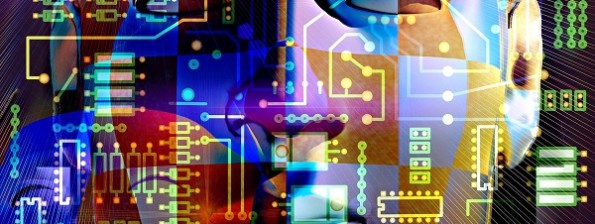
In prior posts in this section, and periodically in other sections of my blog, I have been exploring how humans learn, and how we might replicate those processes in computer software or (less likely) hardware. The context of the learning, or knowledge acquisition, upon which I choose to focus is language learning. While knowledge acquisition is much broader, this is an […]
25 Aug Determinacy in Neural Connections
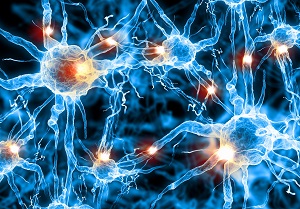
For many years, researchers thought that it was wrong to assume that there was a cell or set of cells in the brain that stored the memory of Grandma’s face. Though the comparison with computer memory was appealing, it was thought to be too simplistic and incorrect. Now, more researchers in different academic disciplines are assuming […]
18 Aug Modeling Positive and Negative Activation
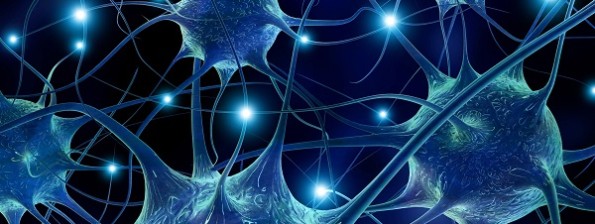
Humans learn from both positive and negative experiences. The electrical flow between neurons can be positive (excitatory), propagating electrical potential flow along neural path to create further excitation and a bubbling-up effect, or negative (inhibitory) reducing or stopping the electrical potential flow along a pathway. Remember that a neural pathway is not like a long line, but like […]
02 Aug Artificial Time

Time is omnipresent – you can’t get away from it. It is woven into everything we do and say and understand. It is an inextricable element of context. I was just speaking of how the connections in our brain develop, grow and evolve over time. Representing and handling this “temporal” element is fundamental to any […]
28 Jul Patterns in the Mind
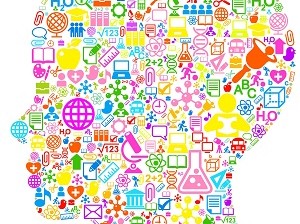
As we look for suitable solution designs for representing the knowledge and processes we humans use to communicate, we realize that we have no idea what knowledge in the brain looks like. Further, we only have relatively vague ideas about the processes that occur in the brain as we produce and comprehend words, phrases and sentences. […]
15 Jul From Perception and Learning to Logic
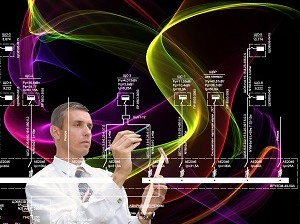
Perception and Learning I am not a cognitive scientist, so all I have said in this section is based on the work of others. On the other hand, I have probably spent more time seriously studying cognition than most computer geeks, and I have tried to form my perspectives around the best of our knowledge. The […]





